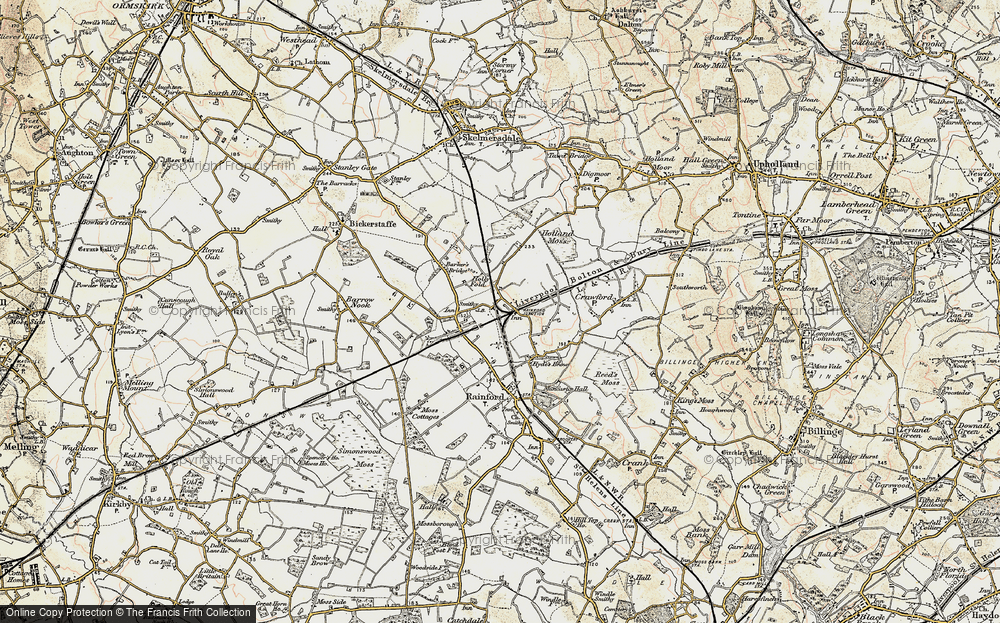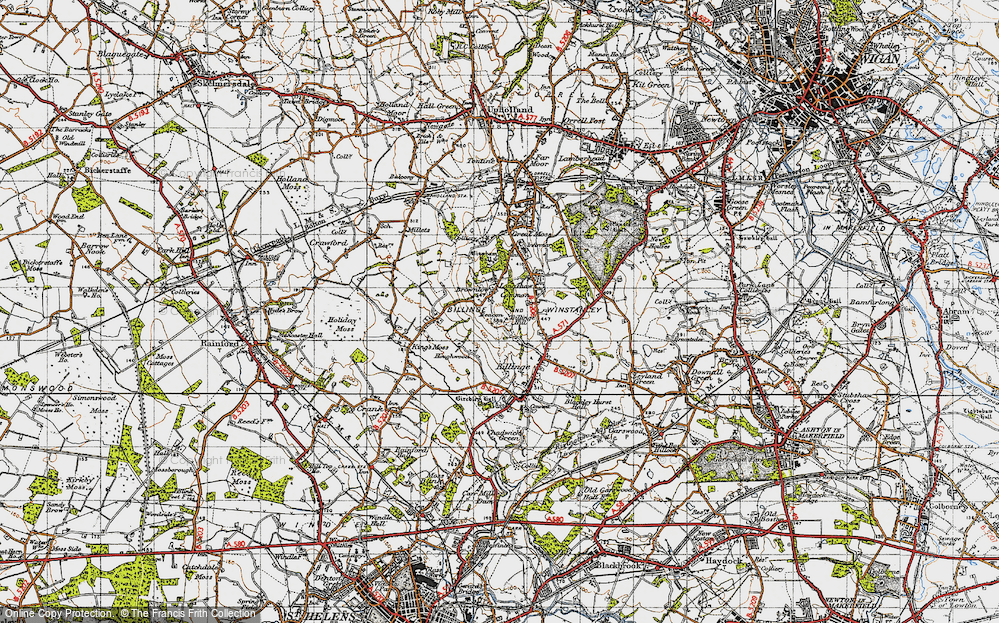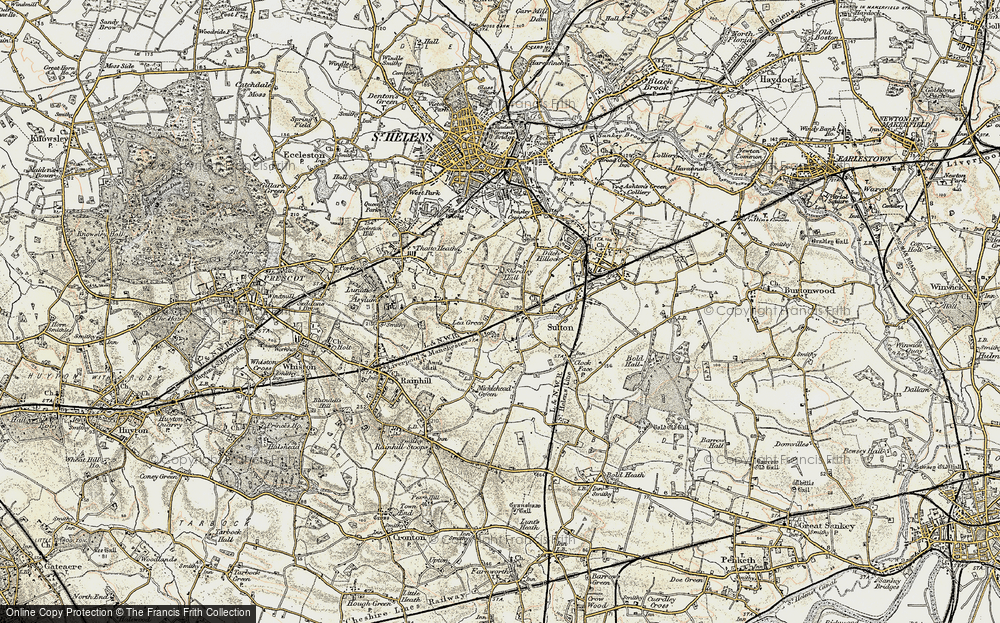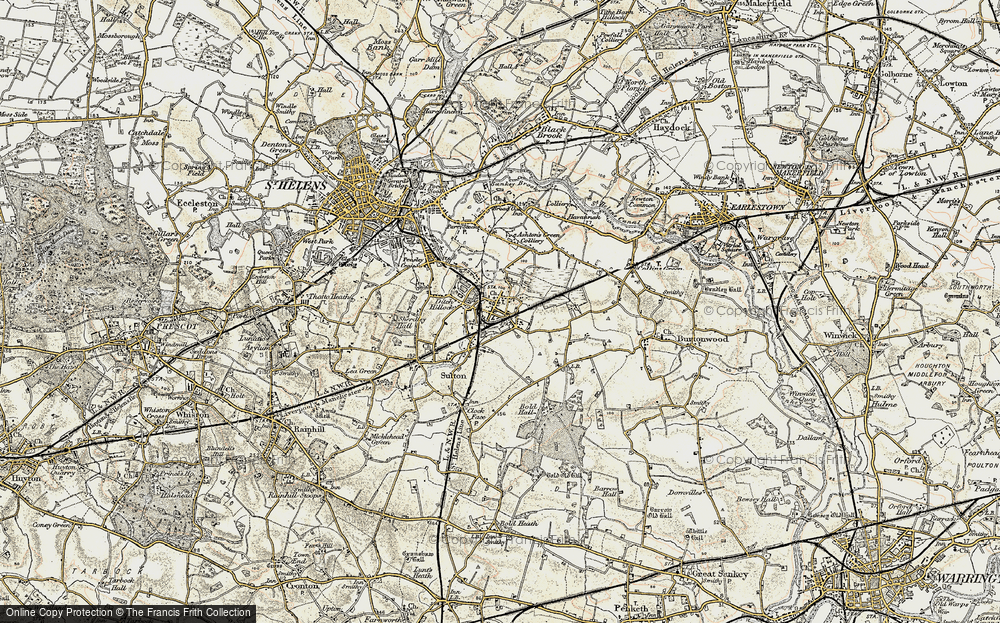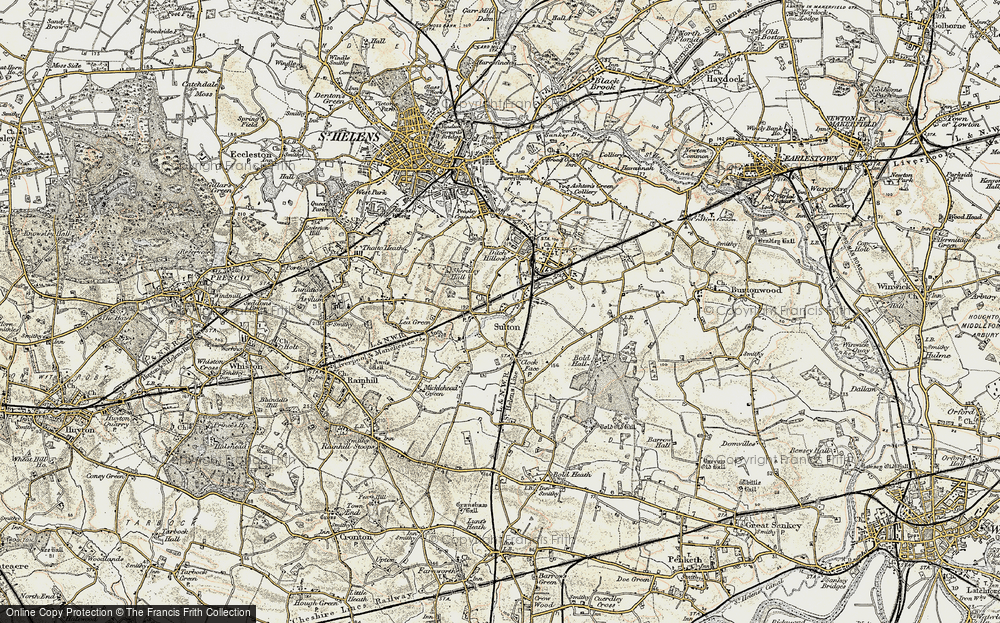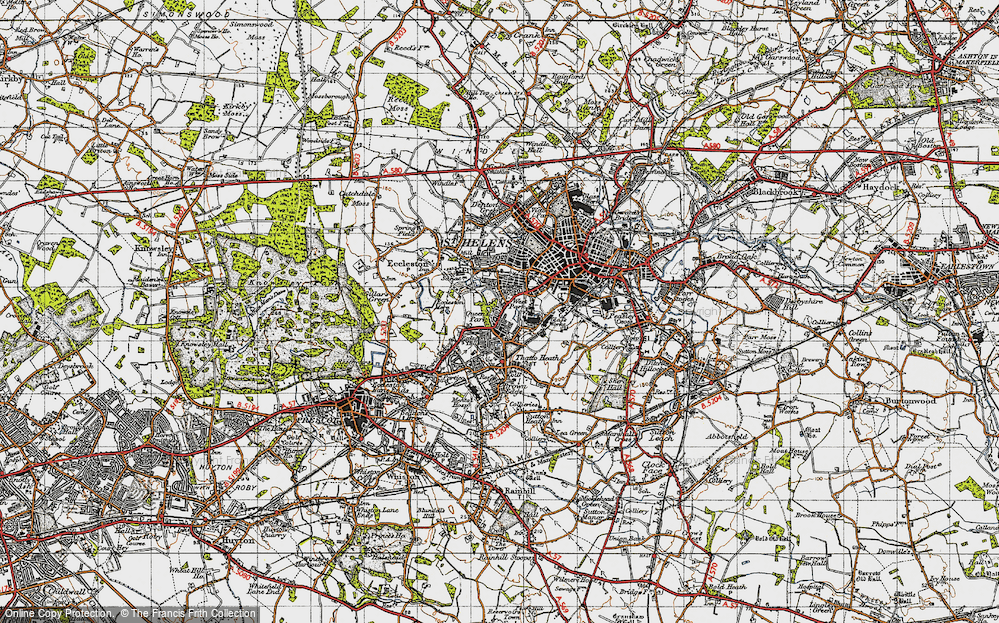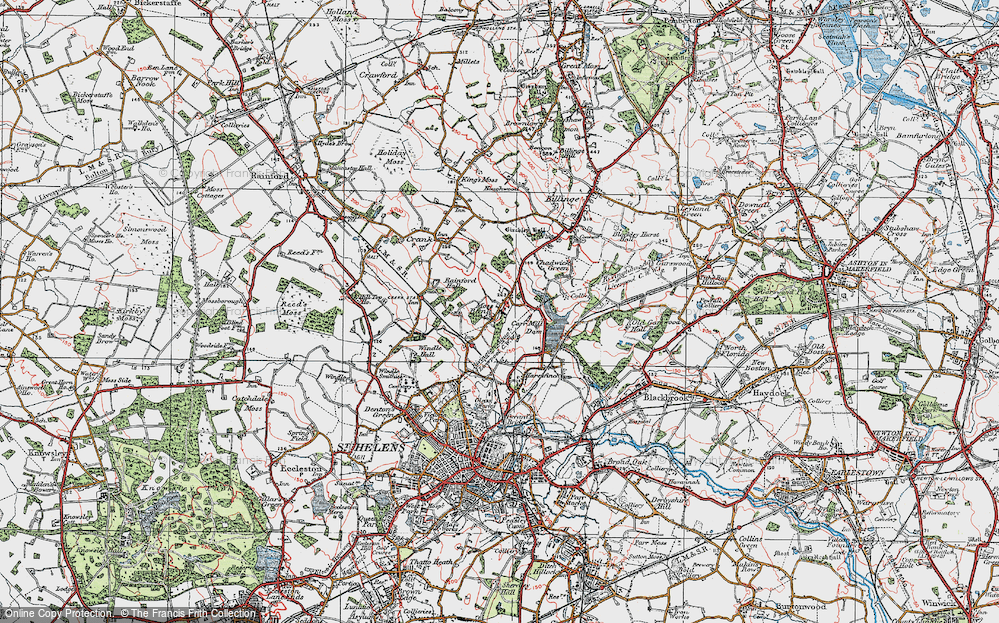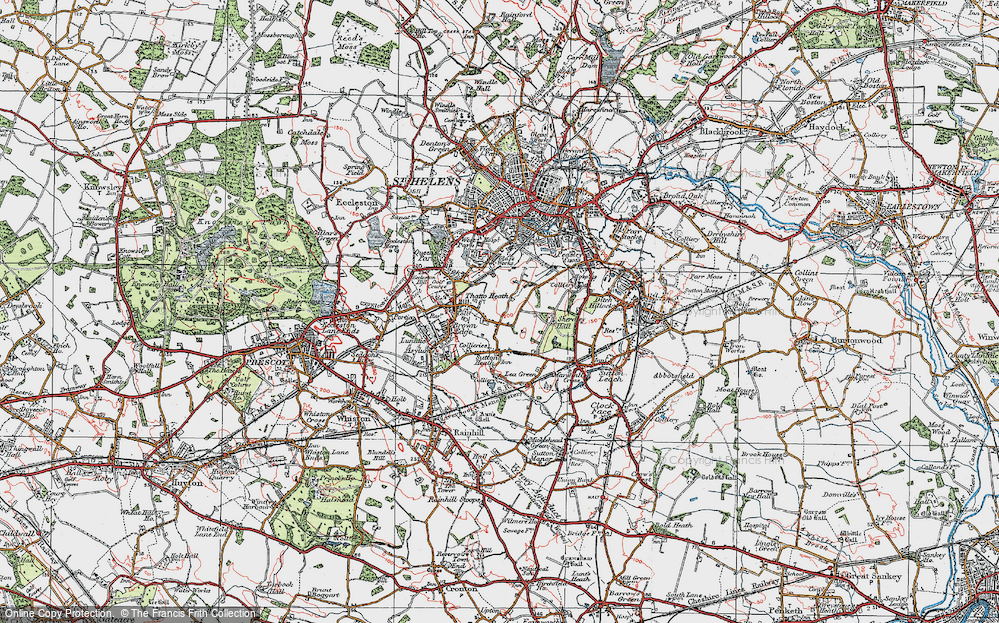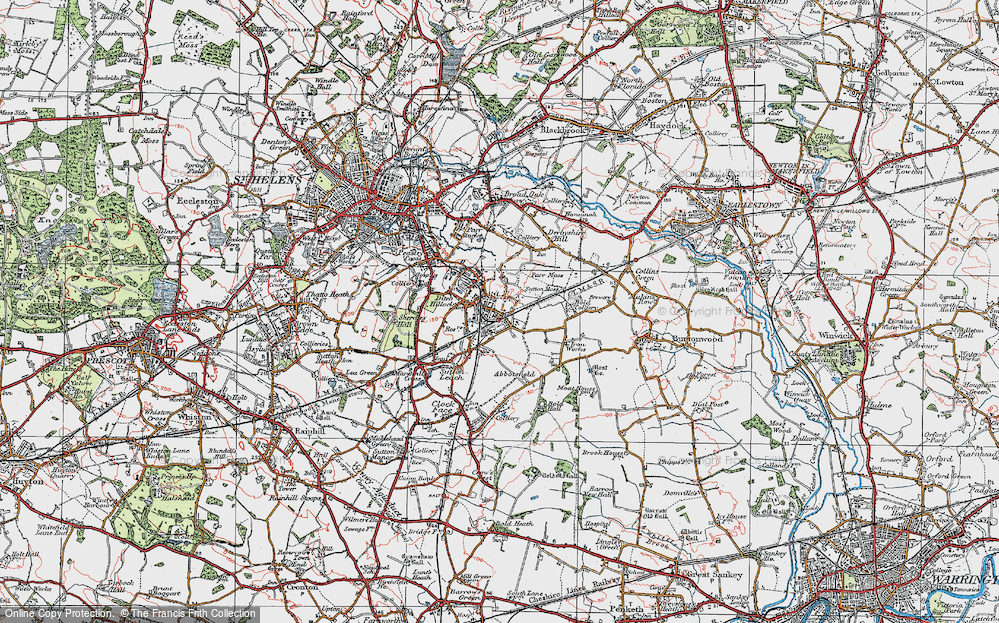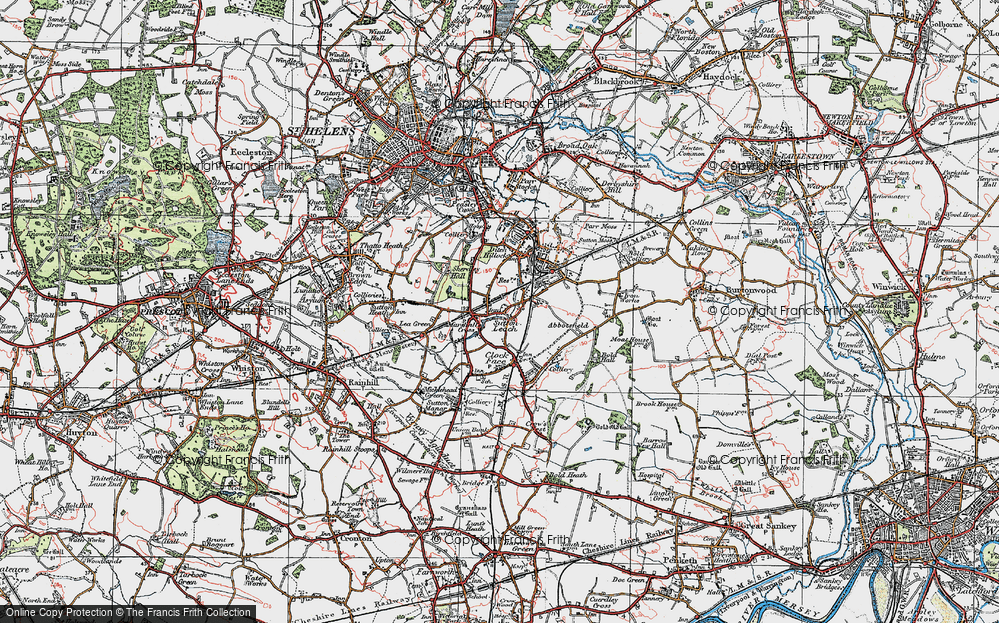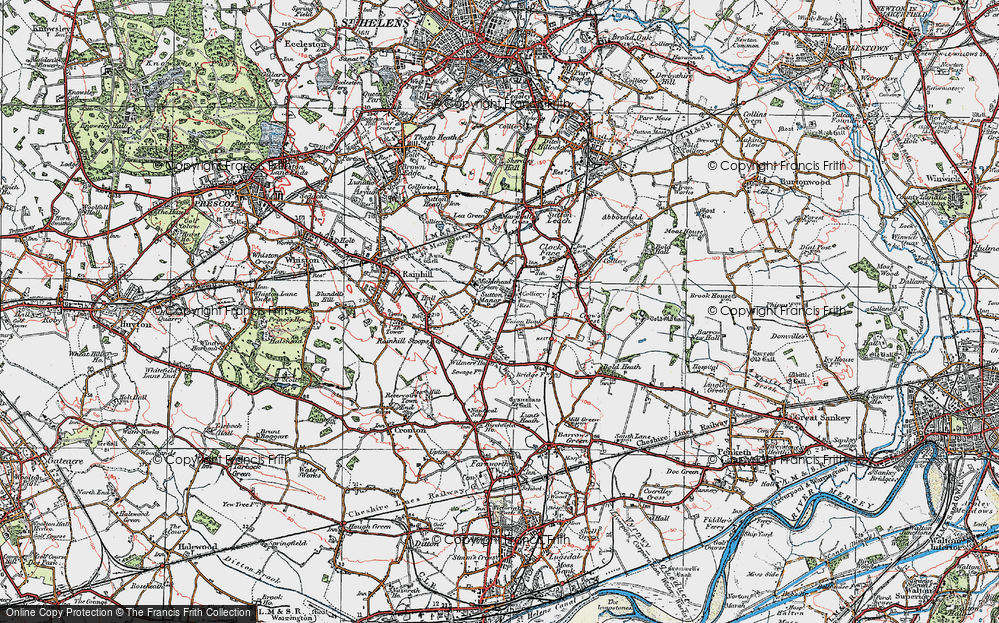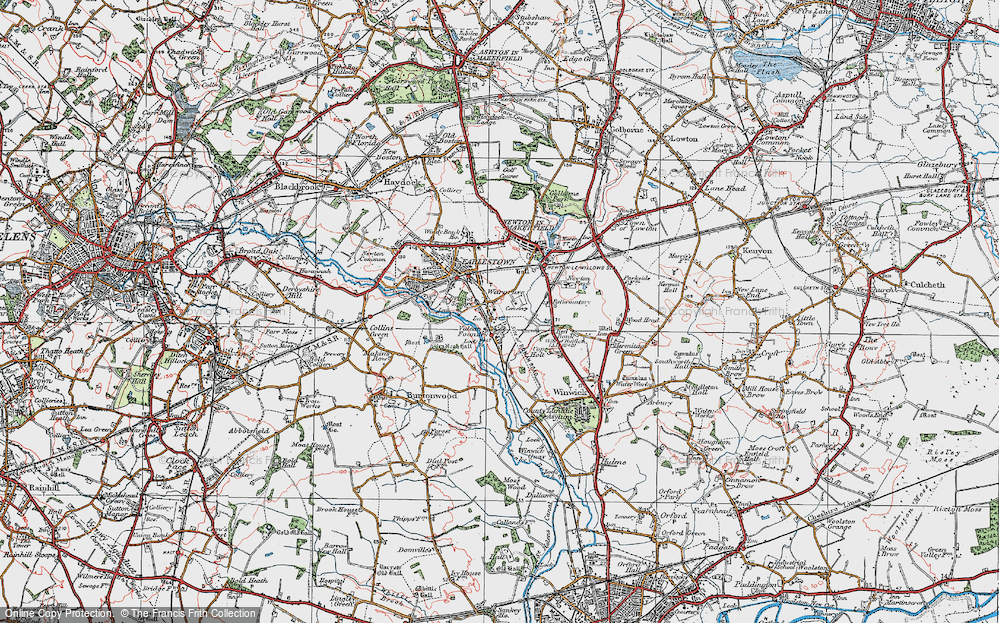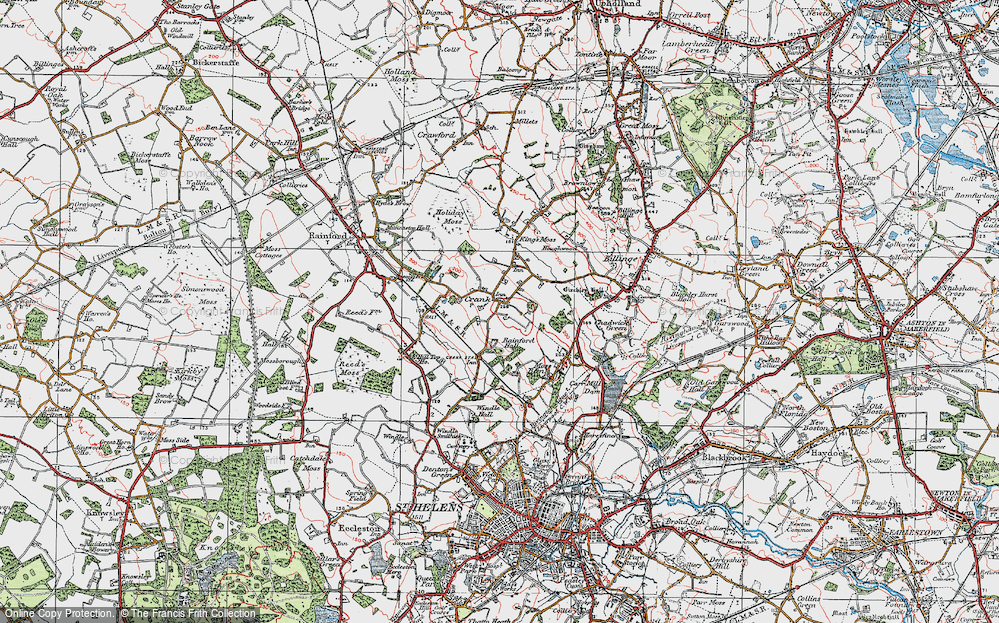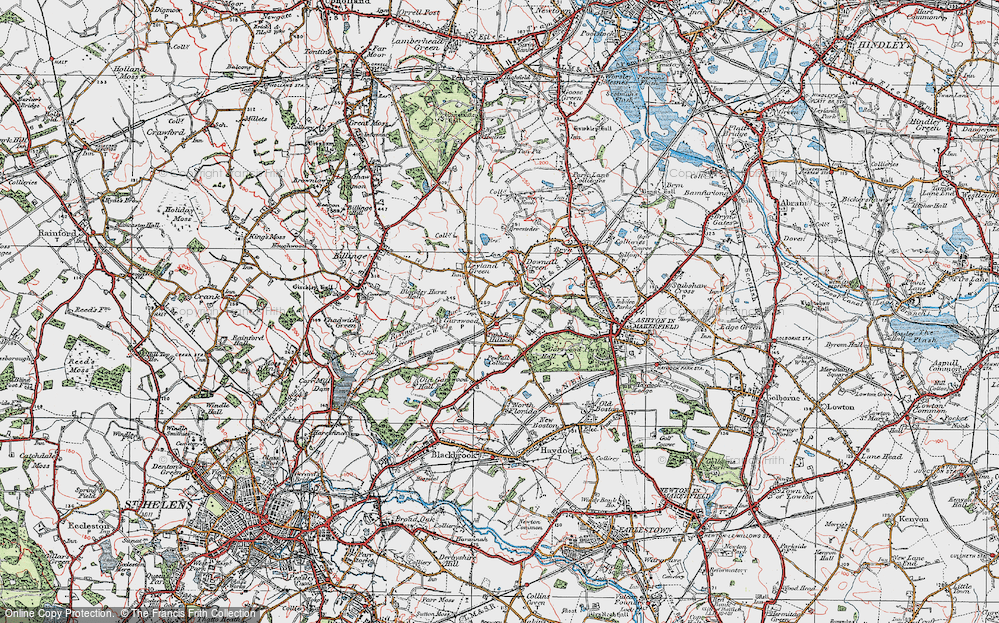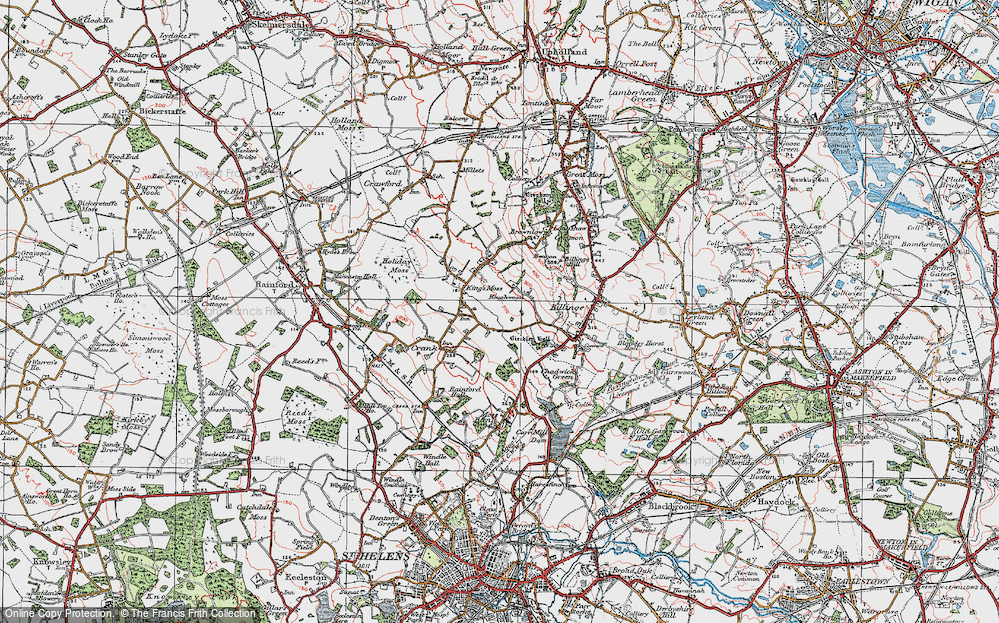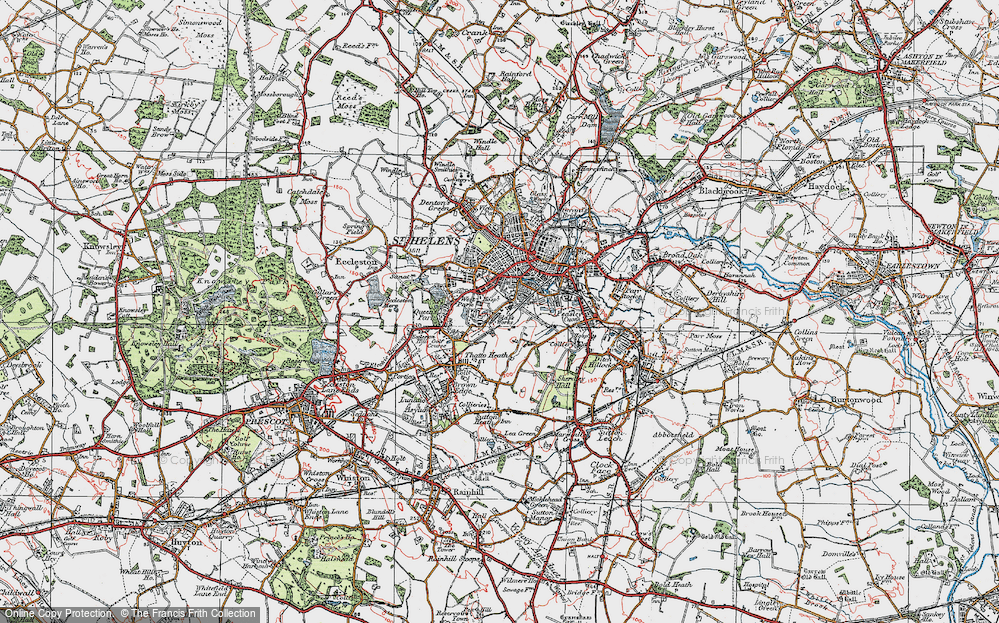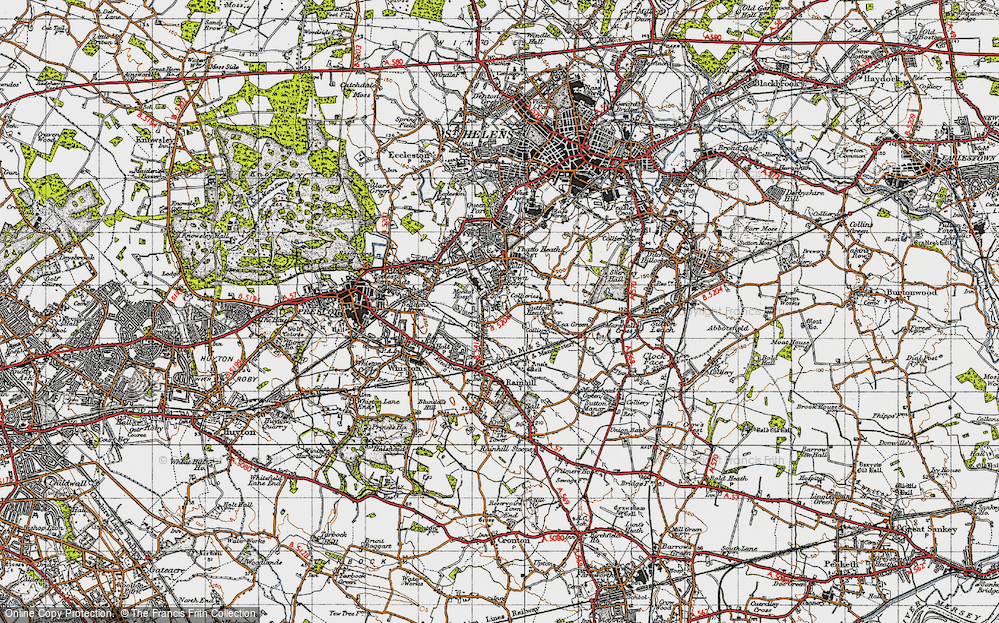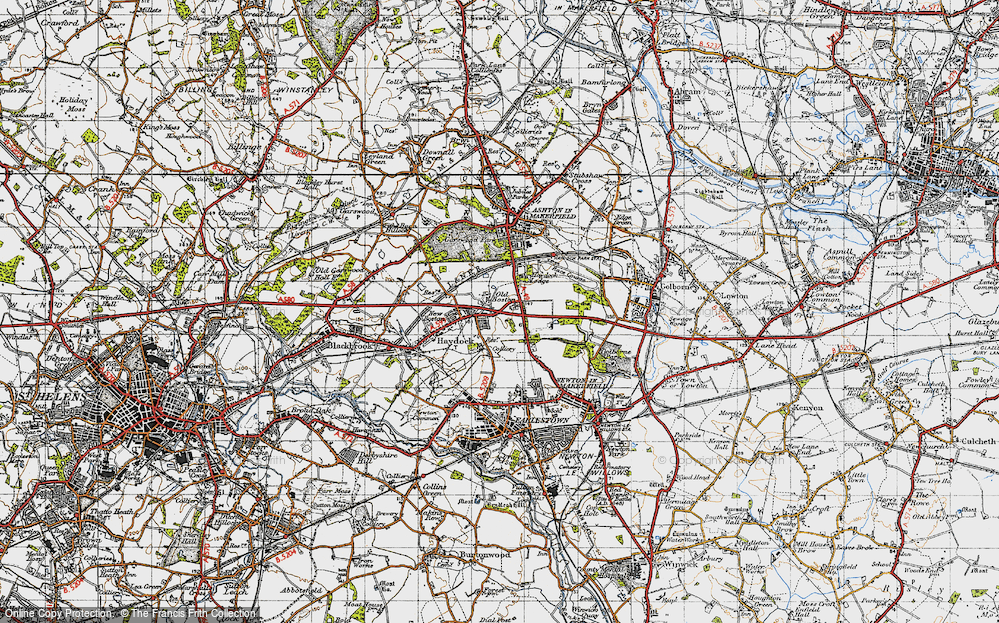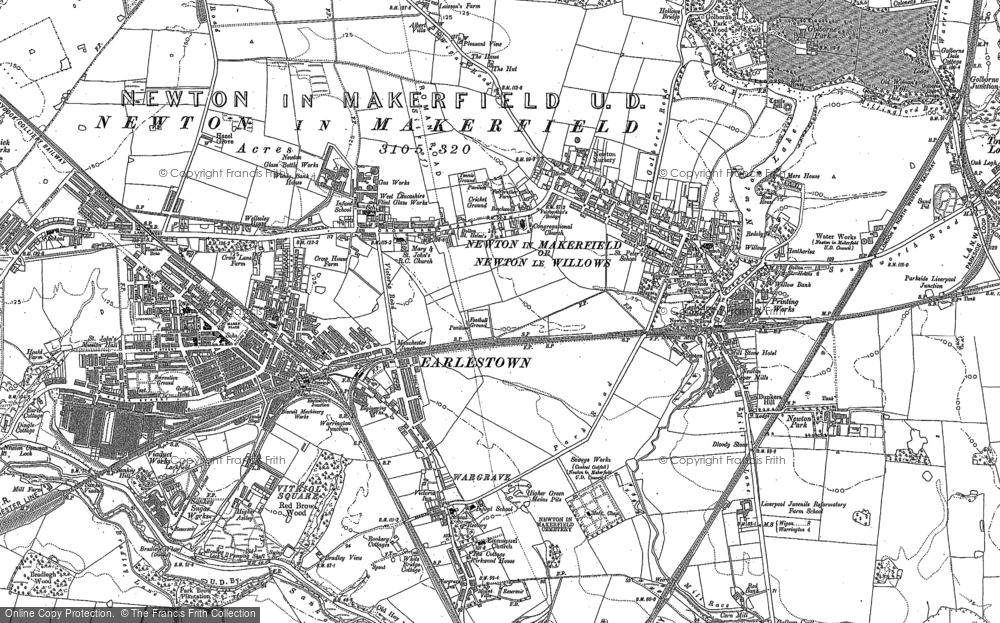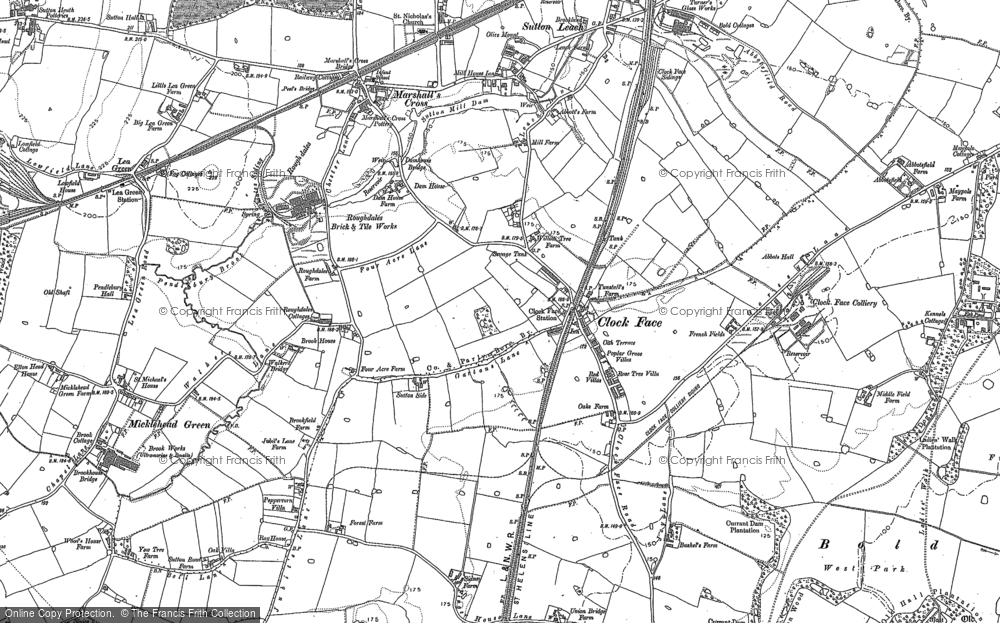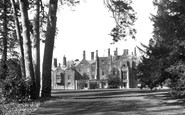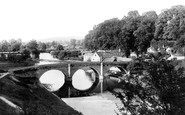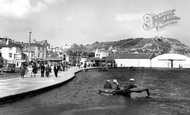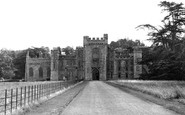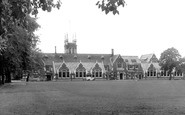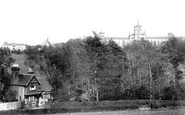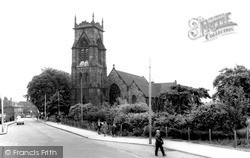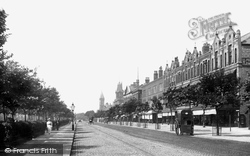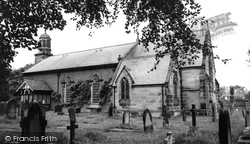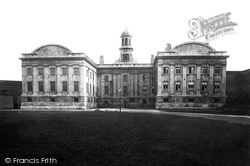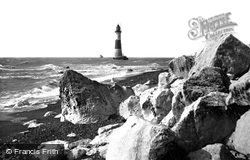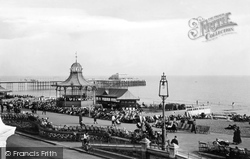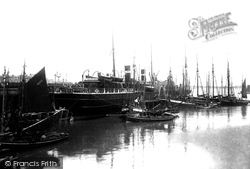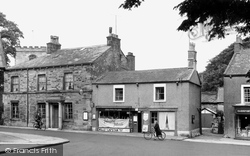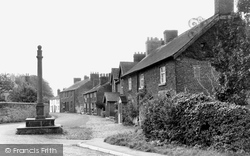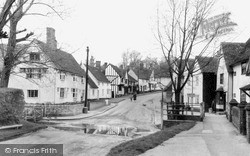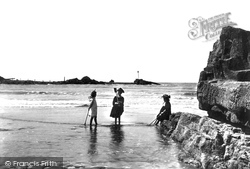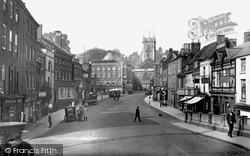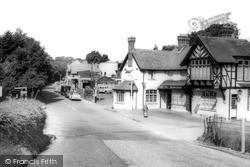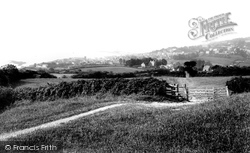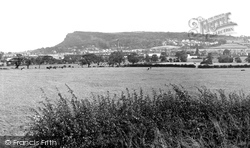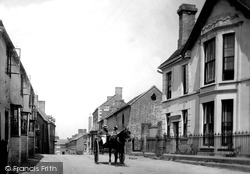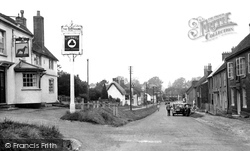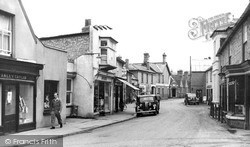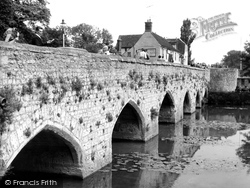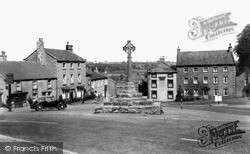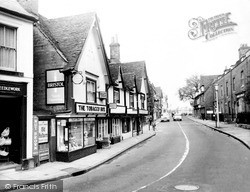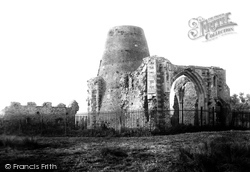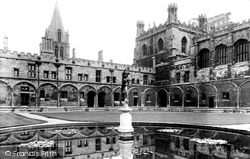Places
Sorry, no places were found that related to your search.
Photos
Sorry, no photos were found that related to your search.
Maps
7,034 maps found.
Books
163 books found. Showing results 1,081 to 1,104.
Memories
22,912 memories found. Showing results 451 to 460.
East Front Road In The Sixties
My Grandparents, George and Ella Ashford, had retired to Pagham in 1958. They lived at number 12 East Front Road. Their bungalow was very comfortable with a great view out over the channel. The original railway ...Read more
A memory of Pagham by
School Days
I went to school here in the early 1950's. I have fond memories of the suroundings, the buildings, the gardens, the landscape and of Market Drayton where some of my relatives lived and some still do. Since this learning academy was a ...Read more
A memory of Pell Wall in 1951 by
Boarding School 75 81
I was at Hurn Court (School) from 1975 - 1981. I had many wonderfull years there, it was a great place to grow up, with all the acres of lawns and woodland around the place. It has now been turned into very expensive appartments.
A memory of Hurn in 1975 by
Grannys Home
I have never visited Druid's lodge, but have been brought up with stories of it. It was for some years the home of my Grandmother. She was the daughter of Thomas lewis the Irish Race horse trainer. Thomas was installed in ...Read more
A memory of Druid's Lodge in 1900 by
Dinham Weir
The Ludlow weirs were navigation Flash Lock weirs until the railways came to the Teme valley. Sailing Trows from the Severn worked up the river with wheat for the mills from Gloucester returning with flour for the villages and iron bar ...Read more
A memory of Ludlow in 1860 by
Bletchingley
I grew up in Bletchingley and have just been looking at the photos of the village which provoked a lot of lovely memories I would like to see a photo of the post office during the 70's,which when i left the village in the late ...Read more
A memory of Bletchingley by
Bathing Pool!
I think that this id the boating lake in Old Town. Wonderful memories - trained at RESH 61 - 66.
A memory of Hastings in 1955 by
Gardener's Boy
My father went to work at Hampton Court as a gardener's boy when he left school at the age of 14 in 1917. By then, it was in use as a convalescent hospital for soldiers. I remember my father saying that he had to put ...Read more
A memory of Hope under Dinmore in 1910 by
Foundation Scholar.
I was a pupil at the school from 1943 to 1948 from the age of 10. I used to travel there from Norbury on the tram, having won a Scholarship from Norbury Manor School. I came from a typically working class background and to be ...Read more
A memory of Croydon in 1943 by
My Three Years At Reedham
I recall walking past the gate-house with my mother on a Tuesday afternoon in March 1950. I was to start my lustrous career there for a period of three years, leaving in March 1953. Starting there was an real shock to the ...Read more
A memory of Purley in 1950 by
Your search returned a large number of results. Please try to refine your search further.
Captions
9,654 captions found. Showing results 1,081 to 1,104.
The Reverend William Moreton was vicar here from 1795 to 1834. He was addicted to cock fighting, and had his own cockpit at the Church House.
The Frith archive consists of photographs taken for possible use as a postcard.
St Peter's at Formby was built in 1739 to replace the 12th-century chapel at Raven Meols which was gradually being covered over with shifting sand.
When Dick Turpin was arrested and tried it was for horse stealing, although his crimes included robbery and murder.
At the eastern extremity of the South Downs, the Royal Sovereign Lighthouse at the foot of Beachy Head warned shipping of the hazards of the chalk cliffs, which now lie under the sea.
By the end of the Victorian period, band concerts were a popular form of entertainment at most resorts.
The Reverend William Moreton was vicar here from 1795 to 1834. He was addicted to cock fighting, and had his own cockpit at the Church House.
Linked by rail to Euston, Fleetwood developed as a major port, handling passengers and cargo bound for Ireland, the Isle of Man and Glasgow.
At one time, Co-op shops stood in most towns and even some villages, this one belonging to the Society at nearby Carnforth.
The village derives its name from the fact that it was the location of Garstang's parish church, St Helen's, which lies beyond the cottages at the far end of the street.
The building on the left was Mr Lemon the vet's, and has a horse's tail hanging at the far end. To the right with the bay window is the sweet shop run by the King family until the 1980s.
Barrel Rock (centre right, with the marker post) marks the end of Bude's breakwater. The first one was destroyed in a storm in 1838 and was replaced by one designed by James Walker.
Tickenhill Manor at Bewdley was given to the Mortimer family by William the Conqueror, coming back to the Crown at the time of Edward IV.
The Station Hotel, later the Pigeon Pair and now the Kingswood Arms, now has a profusion of flowers along its frontage as well as tables and chairs outside.
Lyme Regis, seen here from the heights of Timber Hill, is situated at the westernmost end of Dorset.Walking through the fields and cliffs of Lyme the visitor can never be quite sure whether he or
Helsby Hill totally dominates all views of the village that sits below.
At this time only some 10 per cent of the county's agricultural land was in the hands of owner-occupiers; the majority was still controlled by the great estates.
A family pack up their car to go on holiday. At 46 Winchester Street, the Greyhound belonged to Simonds Brewery in Reading that owned many pubs.
This prosperous small town witnessed a day of rioting on 22 May 1822. The rioters were protesting against their starvation wages and the high levels of unemployment.
The Thames is quite wide at this point, and forms two separate streams as it flows on either side of Nags Head Island. The Nags Head Inn is the building we can see here at the end of the bridge.
The weathered steps of the ancient Market Cross at Middleham show the antiquity of this medieval township at the mouth of Wensleydale.
A pram and its occupant wait outside the tobacconists, with its impressive display of advertising signs, in this line of quaint overhung shops.
The Abbey of St Benet-at-Holm was founded in 1020 AD by King Canute.
At the beginning of the 15th century, the priory and church of St Frideswide were the main buildings on this site.
Places (0)
Photos (0)
Memories (22912)
Books (163)
Maps (7034)


